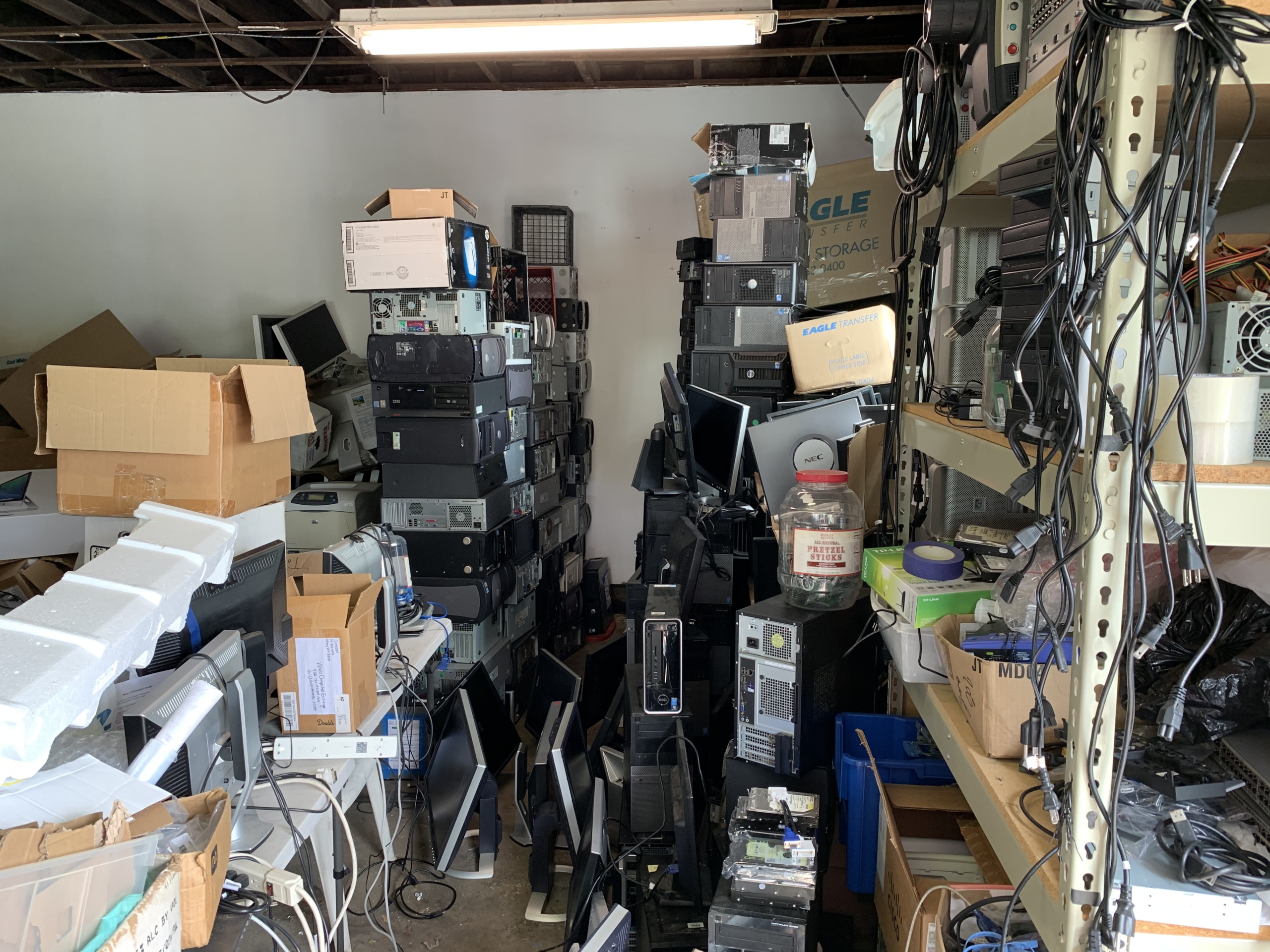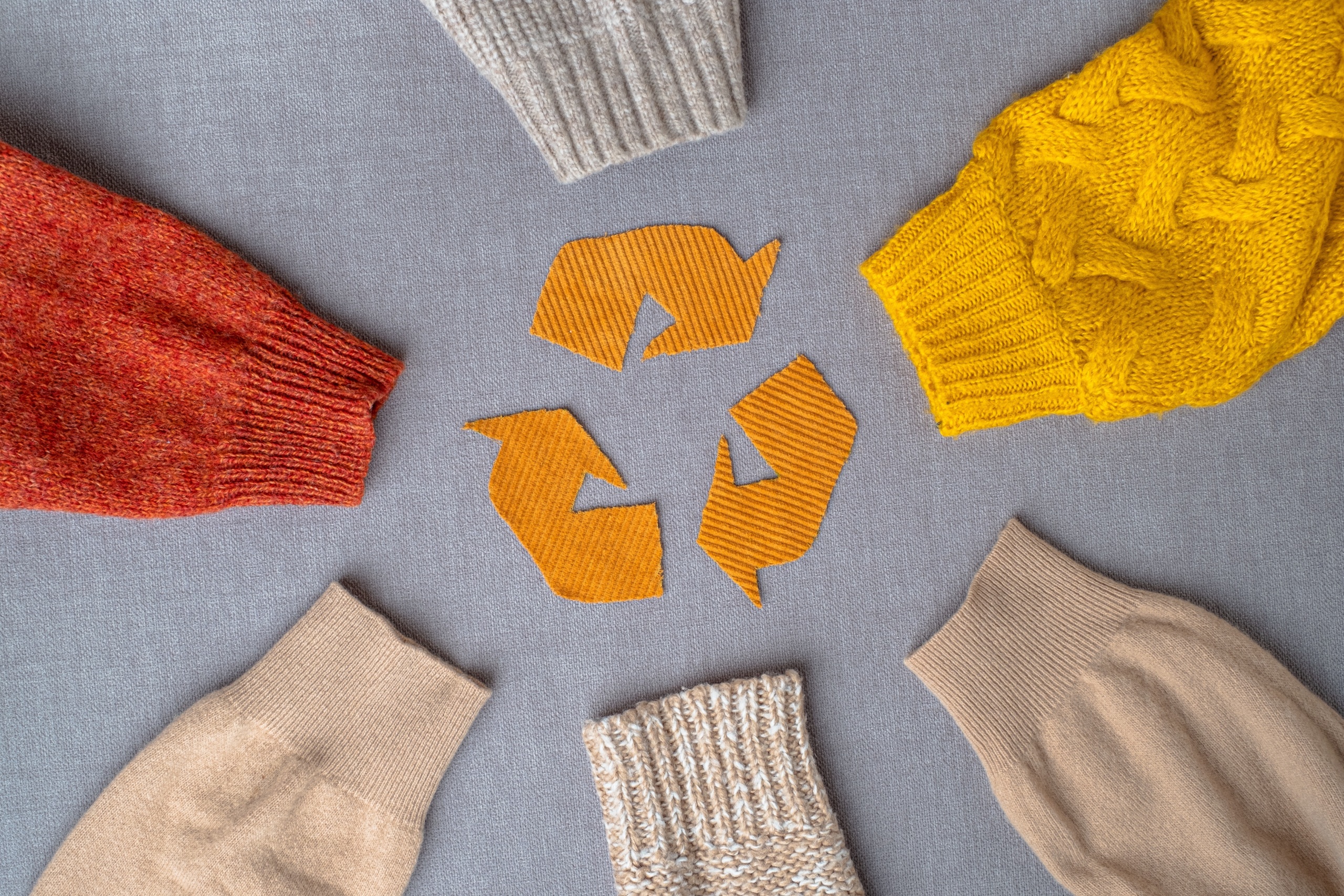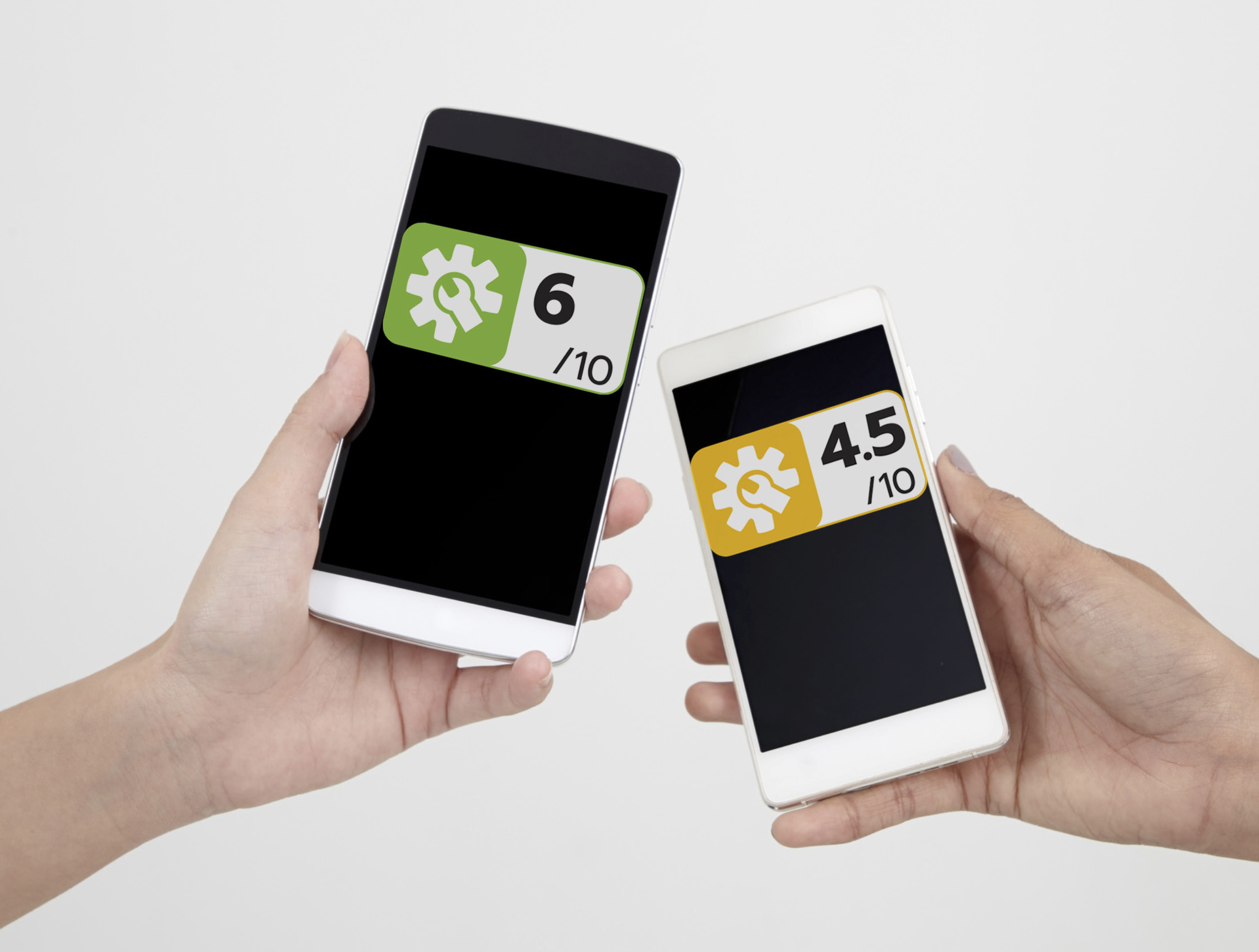The health benefits of ditching plastic and going zero waste
Transitioning to a zero waste lifestyle isn't just about saving the ocean or protecting the environment. It can also improve your health by reducing your exposure to toxic chemicals.
On a normal day, I wake up and brush my teeth with a plastic toothbrush, coating the bristles with toothpaste I squeeze out of a plastic tube. For breakfast, I head to the kitchen to make some toast, pulling the bread slices out of thin plastic-film packaging. On my way to work, I listen to a podcast on my phone, which is guarded by a plastic case. Occasionally, I may even stop for a hot coffee in a disposable cup made of both paper and plastic.
It is nearly impossible to go one day, or even an hour, for that matter, without using a product made from plastic. Plastic is essential in our everyday lives, but what do we really know about its impacts?
Most people are familiar with the negative impacts that single-use plastic has on the environment. Plastic pollutes our air, water and land throughout its lifecycle, from the resource-intensive process used to extract fossil fuels that are then turned into plastic, to the plastic waste that litters our communities and parks, chokes our wildlife, and poisons our oceans. These negative impacts are the ones that the zero waste movement focuses on, and for good reason: plastic is one of the worst and most harmful materials for our environment.
However, plastic isn’t just a nightmare for our wildlife and ecosystems. It also contains toxic chemicals that harm our health. Over a hundred different chemical additives are in the plastic products that we use everyday, and we still don’t know the health effects of all of them.
We do know that at least a few of the chemical additives are toxic and can harm our health. Because of how reliant we are on plastic products in our everyday lives, we are constantly exposed to these chemicals in the food we eat, the water we drink, and even the air we breathe. Two chemicals in particular are most concerning: phthalates and bisphenols.
Phthalates are known endocrine disruptors — meaning they interfere with the body’s natural hormonal regulation process — and can interfere with reproductive development and cause infertility. Some phthalates have been linked to cancer.
Like phthalates, bisphenols are also endocrine disruptors. You may be familiar with one specific bisphenol, BPA, because many of our water bottles and hard plastic products now advertise that they are BPA-free. Research has linked BPA to reproductive disorders, heart disease, type 2 diabetes, breast and prostate cancer, and asthma. Exposure to both chemicals is especially concerning during fetal development, infancy and childhood, as they have the potential to affect the brain during development.
So, now what? It can seem overwhelming to avoid exposure to these harmful chemicals once you think about how pervasive plastic is in your life. But by taking a few precautions, you can minimize your contact with toxic plastic chemicals that can leach into your food and drinks and come in contact with your skin.
Especially while many of us spend more time at home, it’s worth reducing your family’s exposure to toxic chemicals contained in common household plastics. U.S. PIRG Education Fund has a complete guide on the major sources of toxic chemicals from plastic in your home and how to best reduce your exposure. A few of the tips include avoiding plastic food packaging, swapping out plastic containers labeled with codes 3, 6, and 7, and never heating plastic in the dishwasher or microwave.
Following all of these tips may not be possible for everyone right away. That’s ok!
Phasing some of these suggestions into your life can make eliminating toxic plastic chemicals from your home and diet more manageable and can have health benefits down the line. In the meantime, just be mindful of how much plastic you use, especially plastic that comes into contact with your food and beverages, and eliminate exposure whenever possible. It will benefit you in the long run and have major benefits for the environment, too.
Topics
Authors
Olivia Sullivan
Find Out More

Why do we toss working devices?

Voices for Sustainable Fashion

Most of our clothes are made from fossil fuels: Here’s why that’s a problem


